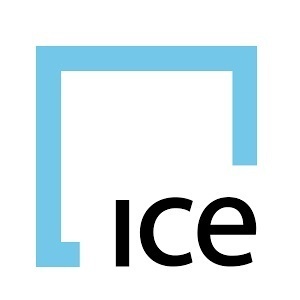ICE reports strong demand in US renewable fuel futures

May 19, 2023
BY Intercontinental Exchange Inc.
Intercontinental Exchange Inc., a leading global provider of data, technology, and market infrastructure, today announced strong demand for U.S. renewable identification numbers (RINs) as increasing numbers of participants with RIN compliance obligations hedge price risk associated with mandated targets for incorporating renewable fuels into transportation fuel.
RINs are credits generated to track and enforce compliance with the U.S. federal Renewable Fuel Standard (RFS) program, which requires U.S. transportation fuel to include renewable fuels. Obligated parties under the RFS program include refiners and importers of transportation fuel in the U.S.
ICE offers the most liquid markets to trade RIN futures. By May 15, 2023, the equivalent of over 2 billion RINs had traded on ICE year to date, already surpassing the number traded during the entirety of 2022 where 1.6 billion traded. The equivalent of 627 million RINs traded during April 2023, a new record for a single month. Meanwhile, across ICE’s D6 ethanol and D4 biofuel futures (OPIS), open interest is at a record high equivalent to 727 million RINs.
Advertisement
Advertisement
The volume of RINs traded on ICE so far this year is equivalent to 1,400 refined product cargoes.
“RINs prices impact refined product market dynamics. Hedging RINs has become increasingly important to commercial market participants seeking to meet compliance obligations, protect their margins, determine crack spreads to create other products, and identify whether arbitrage opportunities exist to export transportation fuel,” said Jeff Barbuto, global head of oil markets at ICE. “It is great to see the momentum in volume and the number of participants continues to increase in these contracts.”
Advertisement
Advertisement
ICE’s renewable fuels futures markets form part of ICE’s extensive biofuels complex, which include ICE’s renewable volume obligation futures. The European biodiesel sector is traded predominantly as a differential to the global refined benchmark ICE Low Sulphur Gasoil, which is used as a proxy hedge due to its liquidity and open interest out to December 2026.
Related Stories
The USDA has announced it will delay opening the first quarterly grant application window for FY 2026 REAP funding. The agency cited both an application backlog and the need to disincentivize solar projects as reasons for the delay.
Neste and DHL Express have strengthened their collaboration with the supply of 7,400 tons (9.5 million liters) of neat, i.e. unblended, Neste MY Sustainable Aviation Fuel to DHL Express at Singapore Changi Airport starting July 2025.
CoBank’s latest quarterly research report, released July 10, highlights current uncertainty around the implementation of three biofuel policies, RFS RVOs, small refinery exemptions (SREs) and the 45Z clean fuels production tax credit.
The U.S. Energy Information Administration maintained its forecast for 2025 and 2026 biodiesel, renewable diesel and sustainable aviation fuel (SAF) production in its latest Short-Term Energy Outlook, released July 8.
XCF Global Inc. on July 10 shared its strategic plan to invest close to $1 billion in developing a network of SAF production facilities, expanding its U.S. footprint, and advancing its international growth strategy.
Upcoming Events










